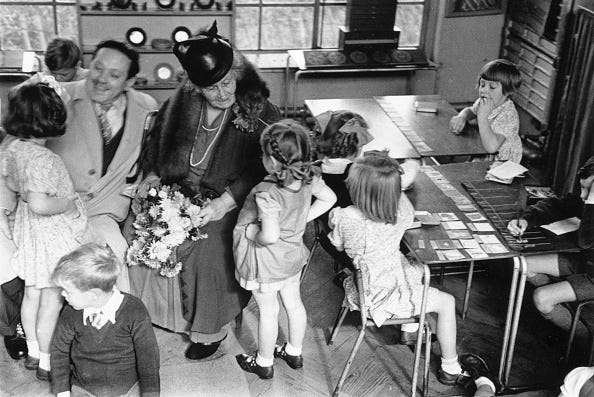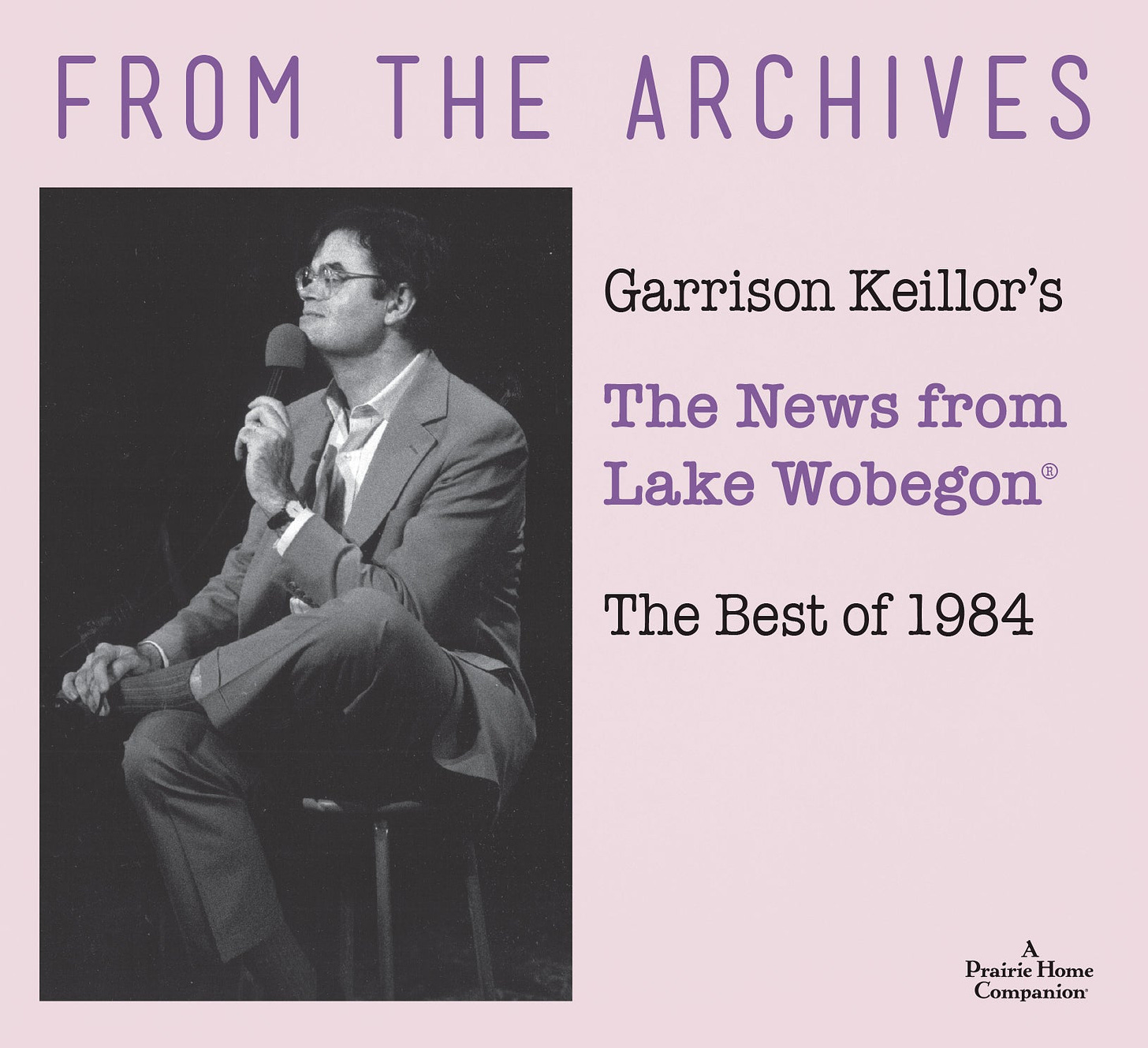The Writer's Almanac from Saturday, August 31, 2013
"Machines" by Michael Donaghy, from Dances Learned Last Night. © Macmillian, 2000.
ORIGINAL TEXT AND AUDIO - 2013
It was on this day in 1837 that Ralph Waldo Emerson delivered a speech entitled "The American Scholar" to the Phi Beta Kappa society at Harvard University.
Emerson wasn't especially well known at the time. He was actually filling in for Jonathan Mayhew Wainwright, who had backed out of the speaking engagement at the last minute.
The speech was the first time he explained his transcendentalist philosophy in front of a large public audience. He said that scholars had become too obsessed with ideas of the past, that they were bookworms rather than thinkers. He told the audience to break from the past, to pay attention to the present, and to create their own new, unique ideas.
He said: "Life is our dictionary ... This time, like all times, is a very good one, if we but know what to do with it ... Give me insight into to-day, and you may have the antique and future worlds."
The speech was published that same year. It made Emerson famous, and it brought the ideas of transcendentalism to young men like Henry David Thoreau. Oliver Wendell Holmes later praised Emerson's "The American Scholar" as the "intellectual Declaration of Independence."
It's the birthday of William Shawn, born William Chon in Chicago (1907), who worked at The New Yorker for 54 years, and was the editor for 35. He was small, with big ears, and he spoke in a high, mild voice, always considerate. When he sat at his desk his feet barely touched the ground. He was extremely shy and he never discussed his personal life. He didn't give interviews or pose in photographs, and even his coworkers knew almost nothing about him outside of the office. They always called him "Mr. Shawn."
But his writers loved him, and he published many of the preeminent writers of the day, including E.B. White, Elizabeth Bishop, John Updike, and J.D. Salinger. He personally edited Rachel Carson's Silent Spring and Truman Capote's In Cold Blood, and published themas long articles in the magazine before they came out as books.
It's the birthday of Maria Montessori, born on this day in Chiaravalle, Italy (1870). She was a bright student, studied engineering when she was 13, and — against her father's wishes — she entered a technical school, where all her classmates were boys. After a few years, she decided to pursue medicine, and she became the first woman in Italy to earn a medical degree. It was so unheard of for a woman to go to medical school that she had to get the approval of the pope in order to study there.
As a doctor, she worked with children with special needs, and through her work with them she became increasingly interested in education. She believed that children were not blank slates, but that they each had inherent, individual gifts. It was a teacher's job to help children find these gifts, rather than dictating what a child should know. She emphasized independence, self-directed learning, and learning from peers. Children were encouraged to make decisions. She was the first educator to use child-sized tables and chairs in the classroom.
During World War II, Montessori was exiled from Italy because she was opposed to Mussolini's fascism and his desire to make her a figurehead for the Italian government. She lived and worked in India for many years, and then in Holland. She died in 1952 at the age of 81.
She wrote many books about her philosophy of education, including The Montessori Method (1912), and is considered a major innovator in education theory and practice.
Be well, do good work, and keep in touch.®
From the Archives: The News from Lake Wobegon - The Best of 1984 (3 CDs)
Is it ever really a quiet week in Lake Wobegon? Not likely. There’s always something brewing. With this three-disc set of monologues from 1984, Garrison Keillor puts his singular spin on the news from the little town that time forgot and the decades cannot improve.






We are treated to a historical perspective that Keillor brings to current events; and it underscores the importance of preparation for all things worthy. Both a treat to read and a calming force in our sea of change.
Well done.
Thank you for your postings in re Montessori& Emerson..